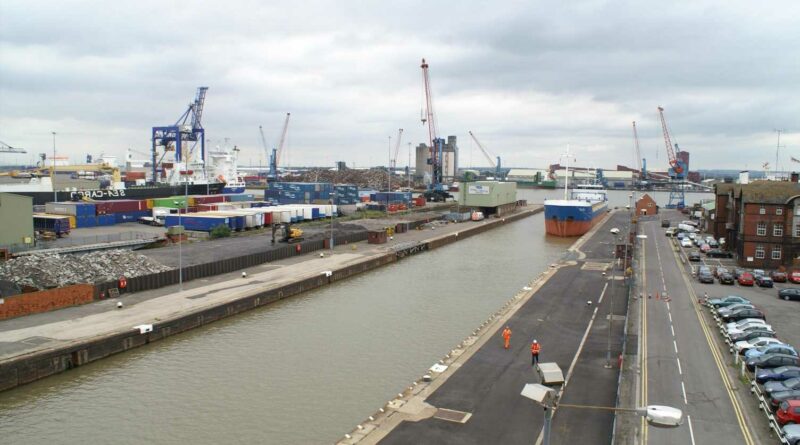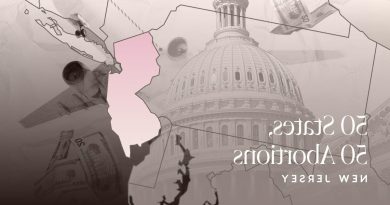Ministers plan expansion of Sheerness and Immingham ports to cope with a No Deal Brexit
MINISTERS plan a rapid expansion of Sheerness and Immingham ports to cope with a No Deal Brexit, industry chiefs have revealed.
Mike Thompson of the Association of British Pharmaceutical Industry, said smaller docks would be used for roll-on, roll-off ferries to keep medicines flowing into Britain.
Officials admitted “every possibility” was being considered to relieve pressure on Dover in the event of a No Deal.
It came as luxury car maker Aston Martin separately revealed it had triggered Brexit contingency plans by preparing to fly in components and use other ports to Dover.
Transport Secretary Chris Grayling yesterday confirmed he had signed £103 million-worth of contracts with ferry companies to bring on additional services after Brexit in case of a No Deal.
Contracts with Britanny Ferries and DFDS will bring on “additional capacity” on routes from Immingham near Hull, Felixstowe, Poole, Plymouth and Portsmouth to the Continent.
And he defended the move to award one to Seaborne Freight for a Ramsgate to Ostend service in Denmark despite the fact the company doesn’t own any vessels.
Fresh outrage erupted yesterday when it emerged one of the firm’s directors previously ran a business that went into liquidation owning the tax authorities almost £600,000.
MOST READ IN BREXIT
TAKE IT OFF! Masked Singer shock as bookies ‘reveal the celebs' including The Chase star
Perrie Edwards and Alex Oxlade-Chamberlain thrill fans with pic of baby Axel
Urgent warning to all Brits who had Omicron in December
Brits face 'avalanche' of £70 parking fines after new rules come into force
In a statement, Mr Grayling said: “As with many operators in the sector it is not uncommon that they do not own their own vessels and will be chartering them through third parties.”
He added: “In total the additional freight capacity delivered by these three contracts will be equivalent to around 8 per cent of normal flows across the Dover straights.
“Whilst this will not be sufficient to mitigate the full level of disruption possible in a worst case scenario, it will enable the government to provide essential capacity for the highest priority goods including medical supplies.”
Source: Read Full Article










